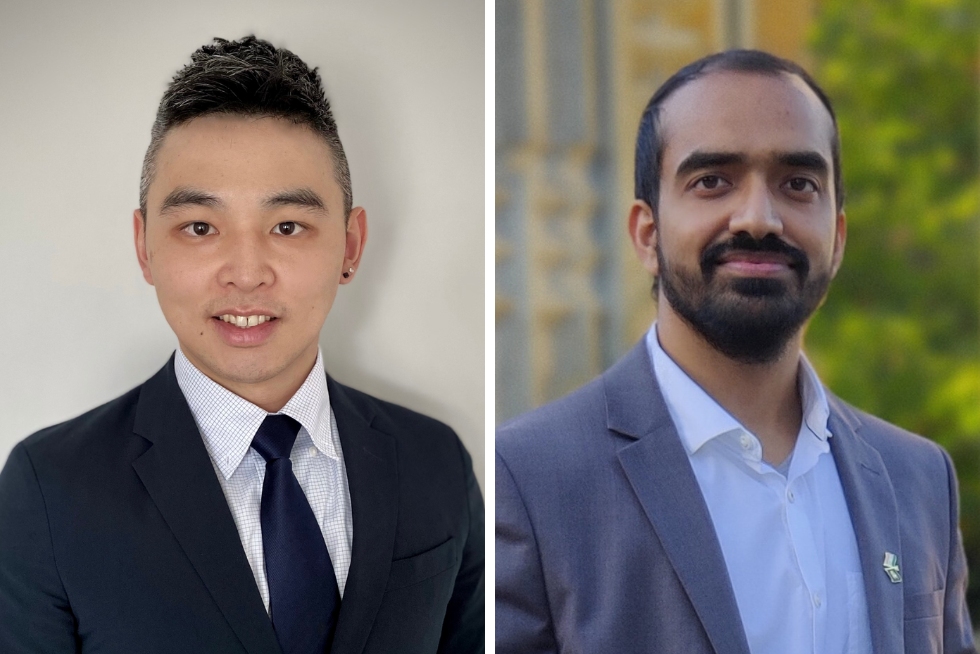Tsung-Chi Lin and Deepak Raina have been named as the first recipients of the Malone Postdoctoral Fellowship. The selective program provides postdoctoral researchers with resources to support clinically-facing research, faculty mentorship and collaboration, and the opportunity to play a defined role in the Malone Center’s research mission.
Lin’s research revolves around the development of advanced technologies that facilitate intelligent human-robot interaction, with a particular interest in designing, developing, and evaluating teleoperation interfaces for nursing robots.
“Tsung-Chi has a stunning publication record and the ideal experience of working with health care professionals, having involved nurses in the design and evaluation of teleoperation systems in the past. I see him forging a new dimension of research at the Center that strengthens the bridge between Malone faculty and the hospital operations team,” says Lin’s primary advisor Chien-Ming Huang, John C. Malone Assistant Professor of Computer Science.
Joined by John C. Malone Professor of Computer Science Russell H. Taylor, John C. Malone Assistant Professor of Mechanical Engineering Jeremy D. Brown, and colleagues at the Institute for Assured Autonomy and the Johns Hopkins Hospital, Lin will work with Huang to create a platform that enables health care professionals to effortlessly, efficiently, and intuitively control assistance robots.
“My overarching objective is to empower these professionals to effectively carry out crucial tasks in real-world situations,” says Lin.
Raina’s research focuses on automating robotic medical procedures that require an interface between medical robotics, imaging, and sensing; in particular, he is interested in developing autonomous robotic ultrasound systems to reduce expert dependency, enhance imaging accuracy, and increase access to ultrasounds in underserved regions.
“I’m looking forward to working with Deepak and forging innovative research directions and collaborations as a result of this prestigious opportunity,” says Raina’s co-advisor Muyinatu A. Lediju Bell, John C. Malone Associate Professor of Electrical and Computer Engineering. “Deepak is exceptionally qualified and we have an excellent team of medical doctors and surgeons who strongly support his fellowship with us.”
“We’re particularly excited for Deepak to advance research on autonomous robotic ultrasound scanning to perform remote hemorrhage detection for trauma patients,” adds Axel Krieger, an assistant professor of mechanical engineering and Raina’s other co-advisor.
As a postdoctoral fellow, Raina will work with medical roboticists, ultrasound experts, and trauma surgeons to advance robotic ultrasound techniques for pre-hospital trauma diagnosis, developing novel methods to train robots in manipulating ultrasound probes to optimize image quality.
“My ultimate goal is to translate this life-saving technology to real-life clinics,” says Raina.
Lin and Raina will begin their fellowships this fall. To learn more about the Malone Postdoctoral Fellows Program, click here.
Image Caption: Tsung-Chi Lin and Deepak Raina
